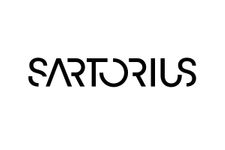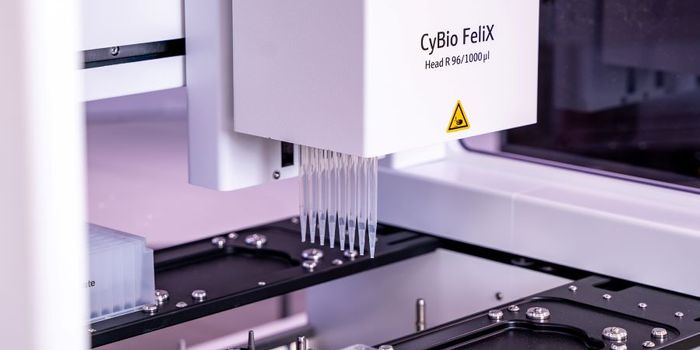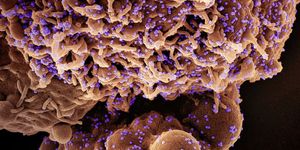What are cell and gene therapies?
Cell and gene therapies are used to treat, and sometimes cure, diseases by addressing the underlying genes or proteins. While there is overlap between the fields, they are very different.
Cell therapies involve living cells that are either derived from the patient (autologous), or a donor (allogenic). For example, stem cell therapies are used to treat diseases of the bone marrow and blood.
Gene therapies introduce genetic code into cells in order to restore the function of a defective or missing gene. Glybera was the first gene therapy approved for use in Europe and USA for the treatment of a rare recessive genetic disorder called lipoprotein lipase deficiency (LPLC).
What is CAR-T cell therapy?
CAR-T cells are an exciting area of biomedical research where cell and gene therapy collide. CAR-T cells are gene-modified cell therapies designed to interact with a specific surface protein on the tumor cell, triggering cell death. This targeted approach to cancer treatment is preferred to traditional chemotherapies and has worked remarkably well in treating blood cancers like leukemia and lymphoma.
Development of CAR-T cells
The CAR-T cell development process starts with isolated T cells from a patient or healthy donor. The cells are then reprogrammed to express the CAR construct, which recognizes the target antigen on the tumor cell. CAR-T cells are then expanded before being administered back to the patient. Like any cell and gene therapy product, CAR-T cells require phenotypic and functional characterization at every stage to ensure safety and efficacy.
Where does flow cytometry come in?
Early on, flow cytometry can be used to identify specific populations of the donor T cells that are associated with a better prognosis for CAR-T cell therapy. The cells are then continuously characterized for quality, safety, and function until transfer to the patient, and through follow-up monitoring. Flow cytometry is used in every stage of CAR-T cell development and manufacturing, including:
- Identifying and quantifying cell composition in the donor sample
- Assessing cell viability and functionality
- Evaluating CAR expression on the therapeutic cells
- Estimating effector cell activation and cytotoxic killing
- Quantifying tumor expression of antigen and immunosuppressive molecules
- Monitoring cell persistence and therapeutic effect in the patient
Shortcomings of traditional flow cytometry
Phenotyping, purifying, and expanding immune cells from patients is both expensive and technically challenging. Traditional flow cytometers are low throughput and can’t support pharma-level data generation. There is also a need for connecting insights from both immune cell health, phenotype and proliferation to cytokine secretion profiles, from the same sample. Perhaps the biggest hurdle with traditional flow cytometry is the disjointed data analysis workflow that slows down progress.
Gaining workflow efficiencies with advanced flow cytometry
To overcome these issues, many scientists have turned to advanced flow cytometry. Simply put, advanced flow cytometry systems provides throughput, speed and more data per assay well. With the iQue® Advanced Flow Cytometry Platform, you can get immunophenotyping data with measurements of cell health, and bead-based cytokine secretion, in a single experiment, saving samples and avoiding the need for multiple assays. Advanced flow technologies also integrate powerful software for easy access to real-time data, better visualization tools and dynamic gating capabilities, so it is easy to interpret complex datasets rapidly and accurately.
Conclusion
Advanced flow cytometry adds remarkable value at multiple stages in the development and expansion of cell and gene therapy products. With multiplexed analysis in a single well, modern labs working on the next groundbreaking treatment can simultaneously learn about immune cell phenotype and function.
Learn more about leveraging the iQue® platform for greater clinical insights into the development of CAR-T and CAR-NK cell-based therapies in this on-demand webinar.











